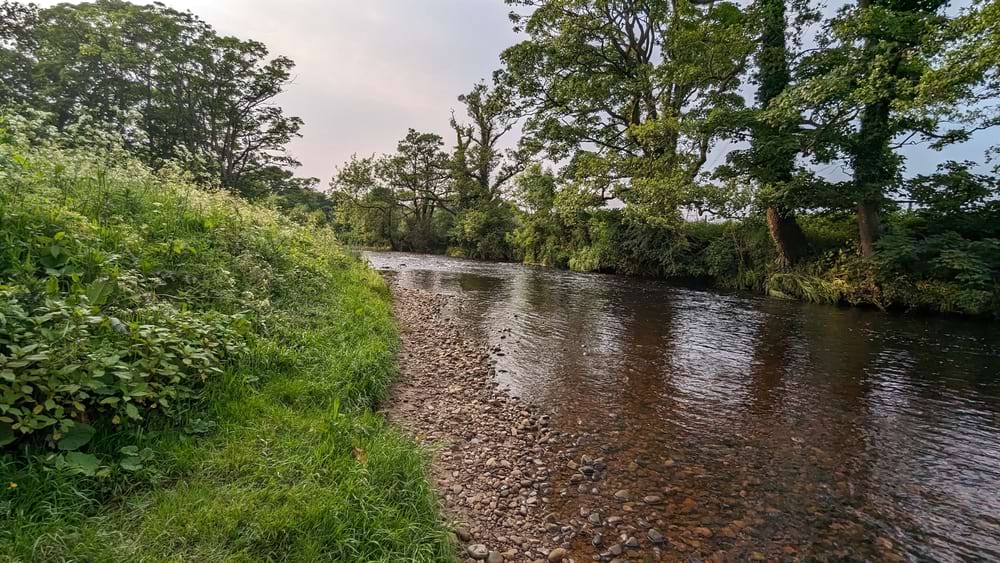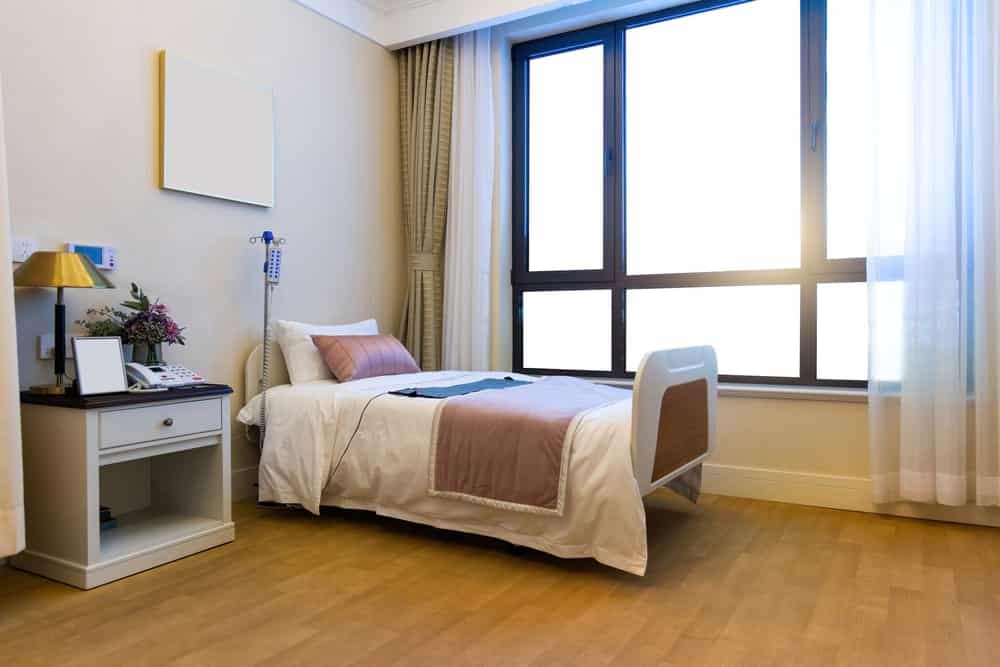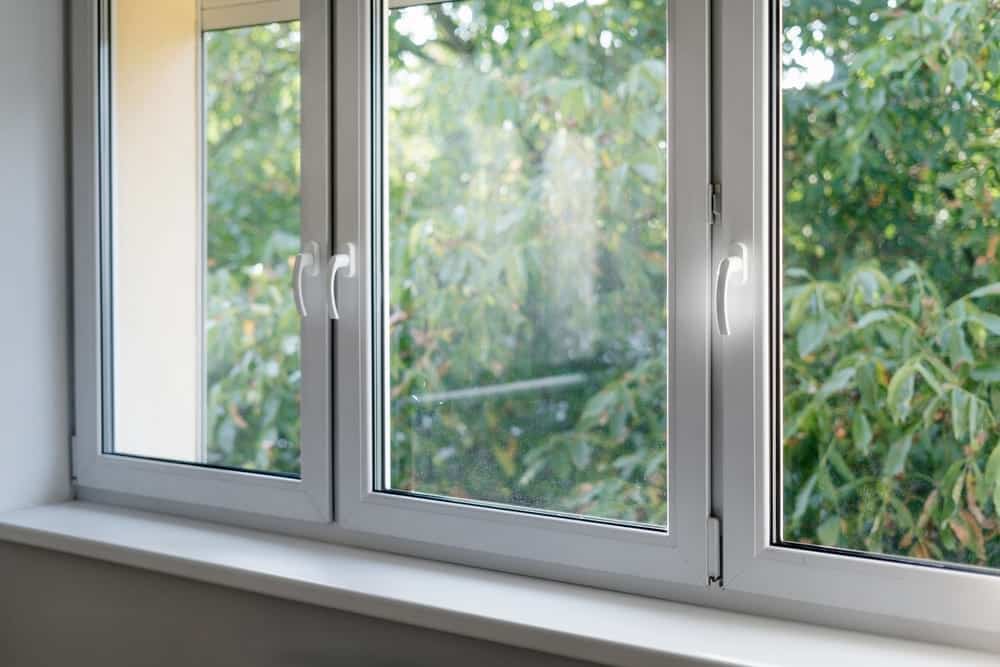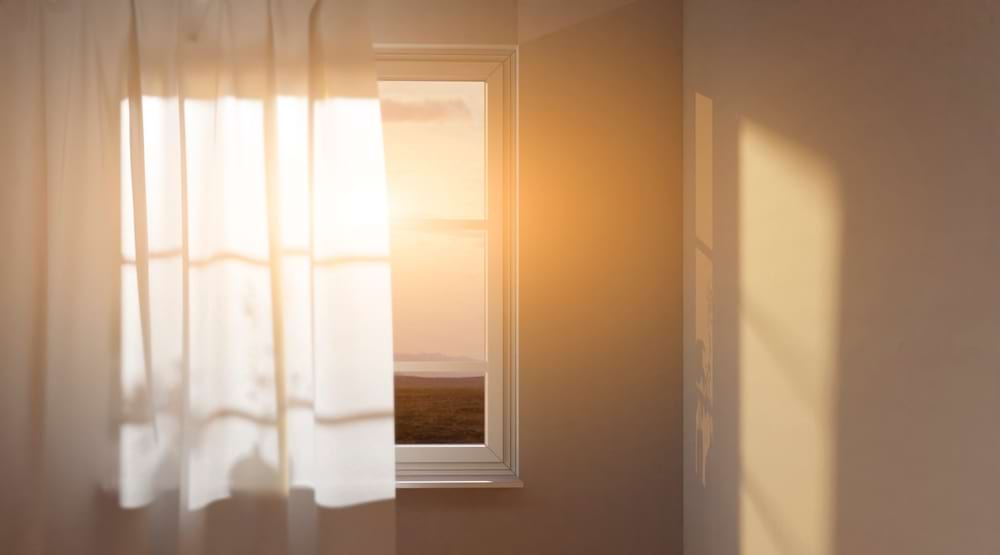Asbestos has caused the deaths of millions of people worldwide.
Today, an estimated 255,000 a year still die from issues related to it.
And it was regularly used in UK homes until the 1980s.
So, what exactly is asbestos? And can you sell a house with asbestos in it?
Keep reading to find out.
Asbestos: Overview
Asbestos is a type of natural fibre made out of six types of crystallised fibrous minerals.
Before the 21st century, the material was often used in properties for insulation and fireproofing. This is because they are resistant to heat and corrosion.
When asbestos is damaged or disturbed, it harms people who breathe it in. This is why experts often recommend leaving it untouched if found in the home.
Health issues asbestos can cause
Exposed asbestos can cause lung conditions, such as:
- Mesothelioma: A rare and aggressive cancer found in lining of lungs, abdomen and elsewhere
- Lung cancer
- Asbestosis: A chronic, irreversible hardening of the lungs that makes breathing difficult.
And more.
The government website estimates that it still kills around 5,000 people each year in the UK.
Asbestos in UK homes
Most properties built before 1999 contained asbestos in one of its products.
This is because it was extremely popular at the time. So, only new builds will certainly have never had asbestos products in them.
When asbestos is present in a home, experts often recommend leaving it untouched. Failing to dispose of it safely can only make the situation much worse.
One organisation suggests that 90% of properties they inspect today contain some form of asbestos product.
Selling your home with asbestos
It is completely legal to sell a property with asbestos.
As mentioned above, most houses built before 1990 contain asbestos. This makes up around 90% of the property market.
However, you are legally required to inform your buyers if your house has asbestos. Failure to do so is an offence.
But if a later survey reveals that your house has asbestos, you cannot be sued if you did not know it was there.
You should ideally get a professional to inspect it and provide a report on the situation.
This would include quantities, how vulnerable it is to being disturbed, and other important facts.
It is considered the right thing to do since someone’s health could be at stake.
Asbestos surveys cost
An asbestos survey is relatively inexpensive. Many sources indicate that the price is often below £200.
How asbestos affects property value
Your property value will be hit if asbestos is present in the building.
However, the severity of the situation impacts how bad this is.
You should ideally hire an expert to inspect the house and give you an in-depth report.
If you find very small amounts of asbestos in your house, and it is undisturbed, it will have minimal impact on your value. After all, this applies to most properties in the UK.
But if it is present in large quantities and poses a health risk because it is disturbed, you may struggle to find a buyer.
No one is likely to put their health at risk to buy a property. Cash buyers or auction houses may be your only way to sell the house in a worst-case scenario.
Buyers will view your property more favourably if you have an in-depth report from an expert on the asbestos situation.
They may also want the cost of removing the asbestos completely taken off your selling price.
Property features where asbestos is commonly found
Some of the property features that most commonly contain asbestos include:
- Floor tiles
- Wall panels and boards
- Sprayed coatings
- Loose-fill insulation
- Textiles and composites
- Textured decorative coatings.
The UK government banned blue and brown asbestos in 1985. This ban was extended to white asbestos in 1999.
Although asbestos has been banned for a few decades, it can still be found in some older properties around the UK. This might be because the people living there are unaware of it.
If you discover asbestos in your house, you should bring in a professional to look at it.
It is not safe to remove it yourself. It is highly recommended that you do not disturb the asbestos by trying to remove it because it might worsen the situation.
Removing asbestos
According to Checkatrade, the average asbestos removal cost in the UK ranges from £950 – £3,750.
The severity of the situation has a significant impact on the price. Your professional will put themselves at risk by attempting to remove the asbestos.
As a result, this comes with a higher price tag.
Your first step is to bring in a professional who can look at the situation. They will decide whether it is best to leave the asbestos as it is (undisturbed), or to attempt to remove it.
You will then receive a price quotation for completing the job.
Speak to the expert about how much your house value will be affected if you do nothing.
A property expert (such as an estate agent) might be able to give you a better answer about this.
Most experts say you should not attempt to remove asbestos by yourself. It is hazardous and often illegal if you get it wrong. Only a qualified, experienced expert should do this.
Not removing asbestos
Getting rid of asbestos is expensive.
If you don’t hire the right professional, a mistake could be made that could cause the situation to become worse.
You might find it simpler and easier to ‘cut your losses’ and sell the house as is.
As mentioned above, around 90% of houses in the UK are expected to have some form of asbestos material.
This means that you won’t turn away all buyers if it is well-contained and in a small quantity.
You are often put in a stronger position if you have an asbestos report from an expert.
Living in a home with asbestos
If asbestos is exposed in your house and presents a health risk to anyone living there, you have several options, including:
- You can pay for the situation to be fixed by an expert.
- Move to temporary accommodation and sell your house on the open market for as much as possible.
- Move to temporary accommodation and use an alternative house selling channel, such as a cash buyer or via an auction house, to sell as quickly as possible.



















